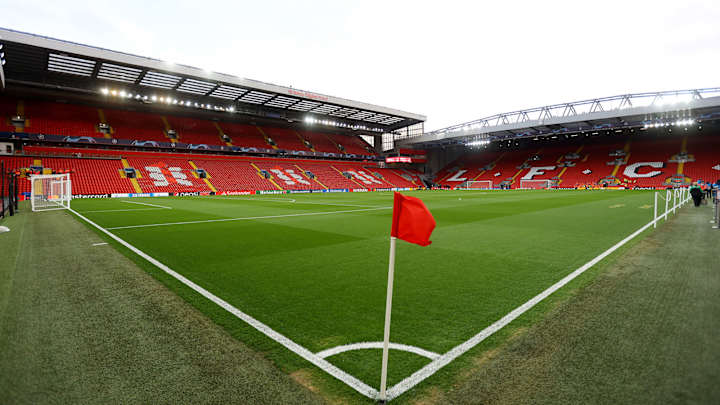Premier League Gets Government Approval to Resume, But Complications Persist

The return of the Premier League next month took a major step forward on Monday, although a video conference between the clubs did not take a vote on the issue.
The first potential hurdle was governmental permission. Although the British government’s reluctance to ban anything outright throughout the crisis always made it unlikely that permission would be refused, formal confirmation came on Monday morning. A slight loosening of lockdown restrictions to be brought into effect this week has been largely confused with various statements and ministers contradicting each other almost minute-by-minute, but on this point at least there was clarity: “cultural and sporting events to take place behind closed doors for broadcast, while avoiding the risk of large-scale social contact” are to be permitted from June 1.
Given there are only tentative plans to reopen indoor spaces such as cinemas, churches, restaurants and hairdressers from July 4, the likelihood of fans returning anytime soon seems remote.
The second huge factor pointing to a return next month was a statement made by the FA chairman Greg Clarke, who told the Premier League clubs that the governing body would not support voiding of the season or the suspension of relegation. He advised them to draw up plans in case the season cannot be completed to determine placings “on sporting merit.”
That is good news for Liverpool, who are now all but assured the league title. But it also weakens the bloc that had been resisting a resumption. Although precise details are hard to confirm, the understanding is that the top 14 clubs in the Premier League, anxious about a loss estimated at $1 billion in overseas TV revenue, wanted to find a way to start again.
The bottom six clubs–Brighton, West Ham, Watford, Bournemouth, Aston Villa and Norwich–however, preferred the idea of annulment to remove the threat of relegation: it was better for them not to play Premier League football now than to risk not being able to play Premier League football next season. But if the bottom three are to be relegated anyway, their only way of avoiding relegation is to play. That would seem to make the vote 17-3 in favor of playing on, with only a 14-6 majority required.
The Premier League will ask the government for the requirement for games to be played at neutral grounds to be scrapped. Aston Villa had been the most vocal opponent of the plan, pointing out that six of its 10 remaining matches are at home and that it had picked up 17 of its 25 points at home. But then, if fans are absent, then home advantage is likely diminished anyway. It is, surely, easier to maintain 10 biosecure stadiums rather than 20 and, equally, easier to minimize public risk if games are not played in heavily populated areas. This, presumably, is why neutral grounds seem not be an option being considered in the Bundesliga; German grounds, by and large, are out of town or situated in parks that can be isolated much more easily than, say, Anfield, Goodison or St James’.
It’s debatable quite how serious an issue that would be, on either side. This may simply be a way for the bottom six to save face, to justify their objections and suggest they are based in something other than self-interest. But it may be that the government is so keen to get football, the universal opiate, back that it will remove that requirement rather than risk stasis.
There are still obstacles. For one thing, at least to a lay-person, measures to minimize risks look so bewilderingly complex as to be overwhelming. Some players, understandably, have expressed reservations, and it’s clear that they need to be consulted and games cannot go ahead unless they are comfortable with the procedures. Equally, football can only go ahead if Britain has resources, both in terms of testing capacity and medical and security personnel, for it do so without adversely affecting other more necessary sectors.
Germany, though, should provide a useful example, assuming it does start again as planned this weekend. Dynamo Dresden has been forced into quarantine after two players tested positive for coronavirus, but the league has pointed out that is a measure imposed by Saxony. It is not a nationwide protocol, and the Bundesliga’s own procedures take into account the possibility of positive tests and would not require squad isolation.
There are also questions about what happens below the Premier League. It’s estimated testing will cost $40,000 a week or more, far beyond the budgets of most League One and Two clubs, especially now that they have no matchday income. Then there’s an issue of resources. Just because they are there for the Premier League does not mean they will be for the Championship.
Amid everything, the overwhelming likelihood is that players will resume training at their clubs within the next week or so, with a vote on the resumption to come before the UEFA deadline on May 25.

An accomplished author of multiple books, Jonathan Wilson is one of the world’s preeminent minds on soccer tactics and history.